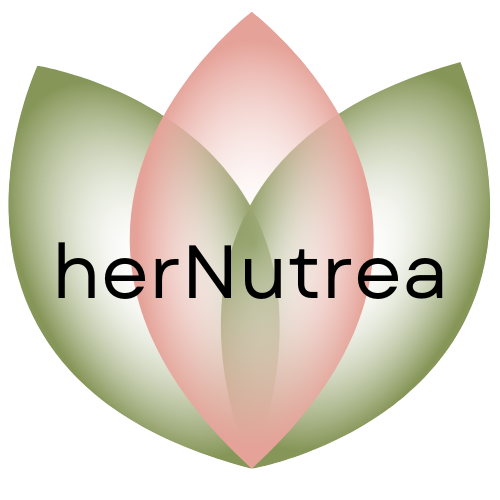Menopause is a natural milestone in every woman's life, but for most, it's a journey marked by confusing symptoms and even more confusing advice. Fatigue, brain fog, hot flushes, and joint pain can make daily life challenging, while the internet and social media are awash with conflicting nutrition messages. This menopause nutrition guide offers clear, …
Menopause is a natural milestone in every woman’s life, but for most, it’s a journey marked by confusing symptoms and even more confusing advice. Fatigue, brain fog, hot flushes, and joint pain can make daily life challenging, while the internet and social media are awash with conflicting nutrition messages. This menopause nutrition guide offers clear, compassionate, evidence-based guidance to help you feel your best and navigate menopause with confidence and ease.
Understanding the Menopause Journey
Menopause isn’t a single moment, but a transition with three phases: perimenopause (the years of hormonal change leading up to menopause), menopause itself (marked by 12 months without a period), and postmenopause (the years that follow). Symptoms and intensity are highly individual, lasting anywhere from 2 to 14 years. Genetics, lifestyle, and overall health all play a role.
Why Nutrition Matters, and Why it’s Personal
There’s no one-size-fits-all solution. While hormone replacement therapy (HRT), medications, and alternative therapies can help, the foundation of menopause well-being is built on lifestyle: nutrition, sleep, movement, and stress management. Research shows menopause is linked to increased inflammation and changes in the gut microbiome, both of which can influence symptoms and long-term health. A balanced, anti-inflammatory diet is key, but it’s just one piece of the puzzle.
Menopause Nutrition Guide: Protein, The Unsung Hero
Protein is essential during menopause for maintaining muscle, supporting mood, and keeping bones, hair, and skin healthy. While official guidelines suggest 0.75-0.8 g/kg of body weight per day, emerging research points to 1.0-1.2 g/kg as a better target for adults. It’s not just about quantity; quality and timing matter too. Spread protein intake throughout the day and include a variety of sources (eggs, poultry, fish, legumes, tofu, nuts). Don’t skip it at breakfast. Your body and your energy will thank you.
Soya and Phytoestrogens: Busting the Myths
Soya has been unfairly maligned as a cancer risk, but the science tells a different story. Soya’s isoflavones are plant compounds that interact gently with oestrogen receptors and may help reduce hot flushes and support heart health. For benefits, aim for 50-100 mg of isoflavones daily from whole foods like tofu, tempeh, and soya milk. Remember: whole foods are better than supplements, and the effects can take a few months to appear. Your gut health also plays a role in how well you metabolise these compounds.
Bone Health: More than just Calcium
Menopause accelerates bone loss, raising the risk of osteoporosis. But calcium alone isn’t enough. Vitamin D, resistance exercise, protein, and a rainbow of fruits and vegetables all contribute to strong bones. Avoid excessive calcium supplements, which can have risks of their own. Instead, focus on a holistic approach: eat calcium-rich foods, get outside for vitamin D, move your body, and seek professional advice before starting supplements.
Intermittent Fasting: Tool or Trend?
Intermittent fasting (IF) is everywhere, but most research has focused on men. The long-term effects for women, especially during menopause, are still unclear. IF may help with weight management and metabolic health, but it’s not a magic bullet. It works best for those with already balanced eating habits. Excessive fasting can risk muscle loss, which is especially concerning during menopause. If you try IF, do so mindfully, and always listen to your body.
The Takeaway: Evidence, not Extremes
Menopause is a time of change, but also a powerful opportunity to invest in your long-term health. At HerNutrea, we champion a flexible, joyful approach to eating, one that’s rooted in science, not fads or fear. Prioritise protein, embrace whole plant foods, support your bones, and don’t be afraid of soya. Most importantly, find what works for you and seek support from professionals who respect your unique journey.
This menopause nutrition guide isn’t about restriction or rigid rules. It’s about nourishing your body, honouring your needs, and stepping into this new chapter with confidence.







